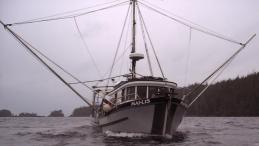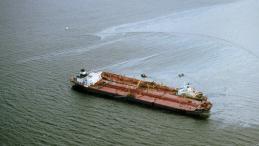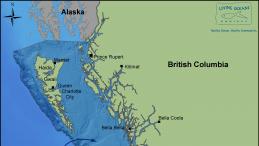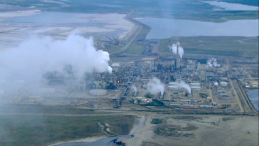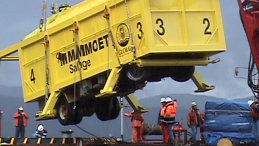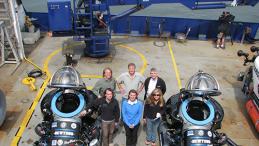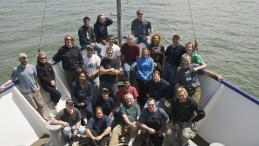Federal budget ignores Canada’s ocean environments and ocean economies
VANCOUVER: The 2009 federal budget ignores recommendations of many Canadians to conserve and improve the management of our oceans and the industries that operate in Canada’s ocean environments said a group of environmental organizations today.
The environmental groups, which include the David Suzuki Foundation, Living Oceans Society and the Sierra Club of BC, were looking for investments to help protect critical ocean resources, like fish stocks, and to improve management of the full range of industries that use our oceans.

